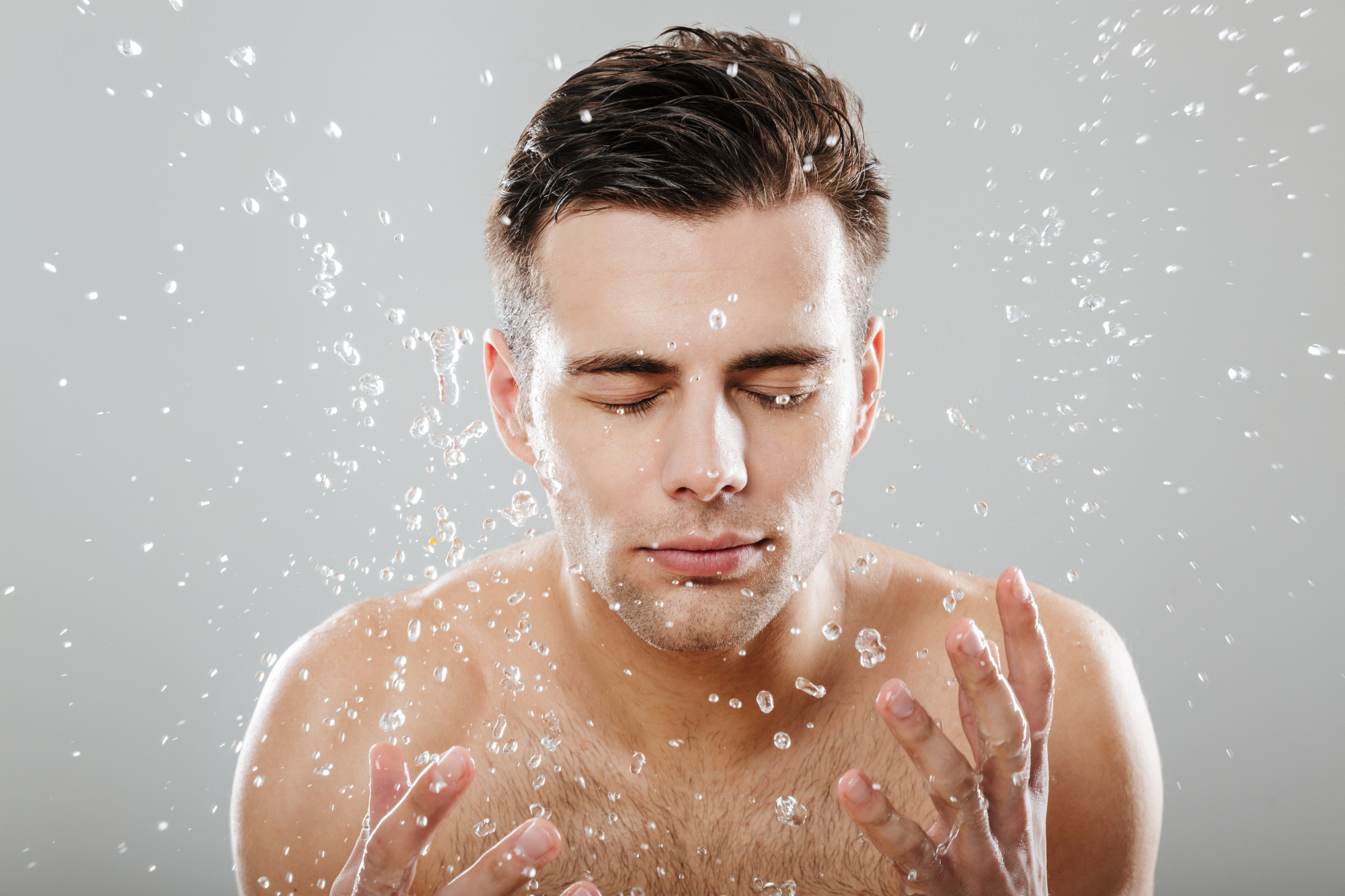Taking a bath is a daily ritual for most people, but the choice between hot and cold water often depends on the season, personal preferences, or even health considerations. While a hot shower feels comforting in winter, some swear by cold water baths for their invigorating benefits. But what does science say? Let’s explore the advantages and disadvantages of bathing with hot and cold water to help you make an informed decision.
Benefits and Drawbacks of Hot and Cold Water
Hot Water: A Soothing Comfort
Advantages:
- Relieves Muscle Fatigue:
Hot water helps relax sore muscles and eases tension, making it ideal after workouts or a long day. - Improves Blood Circulation:
A warm shower dilates blood vessels, improving oxygen and nutrient delivery to your cells. - Eases Cold and Congestion:
Steam from hot water clears nasal passages, offering relief from colds and sinus congestion. - Deep Cleanses Skin:
Hot water opens up your skin pores, helping remove dirt, oil, and impurities effectively.
Drawbacks:
- Hair Damage:
Excessively hot water can strip natural oils from your scalp, leading to dry hair and increased hair fall. - Skin Dryness:
Prolonged exposure to hot water can dehydrate your skin, causing itchiness and irritation. - Fatigue:
Long, hot showers may make you feel drained and lethargic instead of refreshed. - Risk of Burns:
Using very hot water increases the risk of burns, especially for sensitive skin types.
Cold Water: An Energizing Refreshment
Advantages:
- Boosts Energy Levels:
A cold shower stimulates your nervous system, leaving you feeling awake and revitalized. - Enhances Blood Circulation:
Cold water constricts blood vessels, improving circulation and reducing inflammation. - Preserves Skin and Hair Health:
Cold water locks in your skin’s natural oils, keeping it hydrated and preventing dryness. It also strengthens hair follicles, making hair shinier and healthier. - Strengthens Immunity:
Regular cold showers may boost your immune system, helping your body fight off infections more effectively.
Drawbacks:
- Sudden Shock to the Body:
Bathing with cold water may increase your heart rate abruptly, potentially risky for those with heart conditions. - Increased Risk of Cold:
Cold showers in winter or during illness can lower body temperature and increase the risk of catching a cold. - Muscle Stiffness:
Cold water can stiffen muscles and joints, making it unsuitable after intense physical activity. - Affects Blood Pressure:
Cold water may temporarily lower blood pressure, which could be problematic for individuals prone to hypotension.
Which is Better for Bathing?
The answer depends on your needs, health, and the season.
- Hot Water: Choose hot water for relaxation, muscle recovery, and easing cold symptoms. It’s ideal for winter or after a stressful day.
- Cold Water: Opt for cold water to boost energy, improve skin health, and combat summer heat. Cold showers are also great for an immunity boost.
Pro Tip:
When bathing, avoid pouring water directly over your head at the start, especially if it’s very hot or cold. Start by wetting your feet and gradually move upward. This helps regulate blood pressure and prevents dizziness or shocks to the body.
Special Situations and Recommendations
- If you have sensitive skin, avoid excessively hot water to prevent irritation.
- People with heart conditions should consult a doctor before taking cold showers.
- For a balanced approach, consider contrast showers—alternating between hot and cold water to enjoy the benefits of both.
Also Read: Fear Of Cold Water Bath In Winters? Try These Other Ways !
Conclusion
The choice between hot and cold water for bathing ultimately depends on your preferences, health goals, and environmental conditions. Whether you prefer the soothing warmth of hot water or the invigorating chill of cold water, both have unique benefits to offer. Listen to your body and make the best decision for your well-being.







Leave a Reply